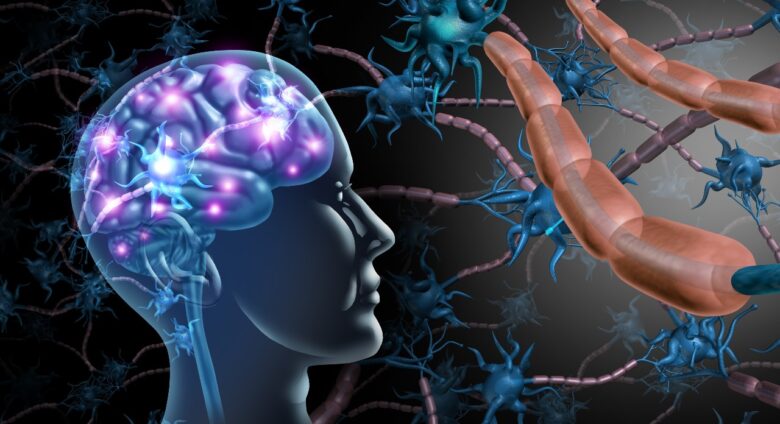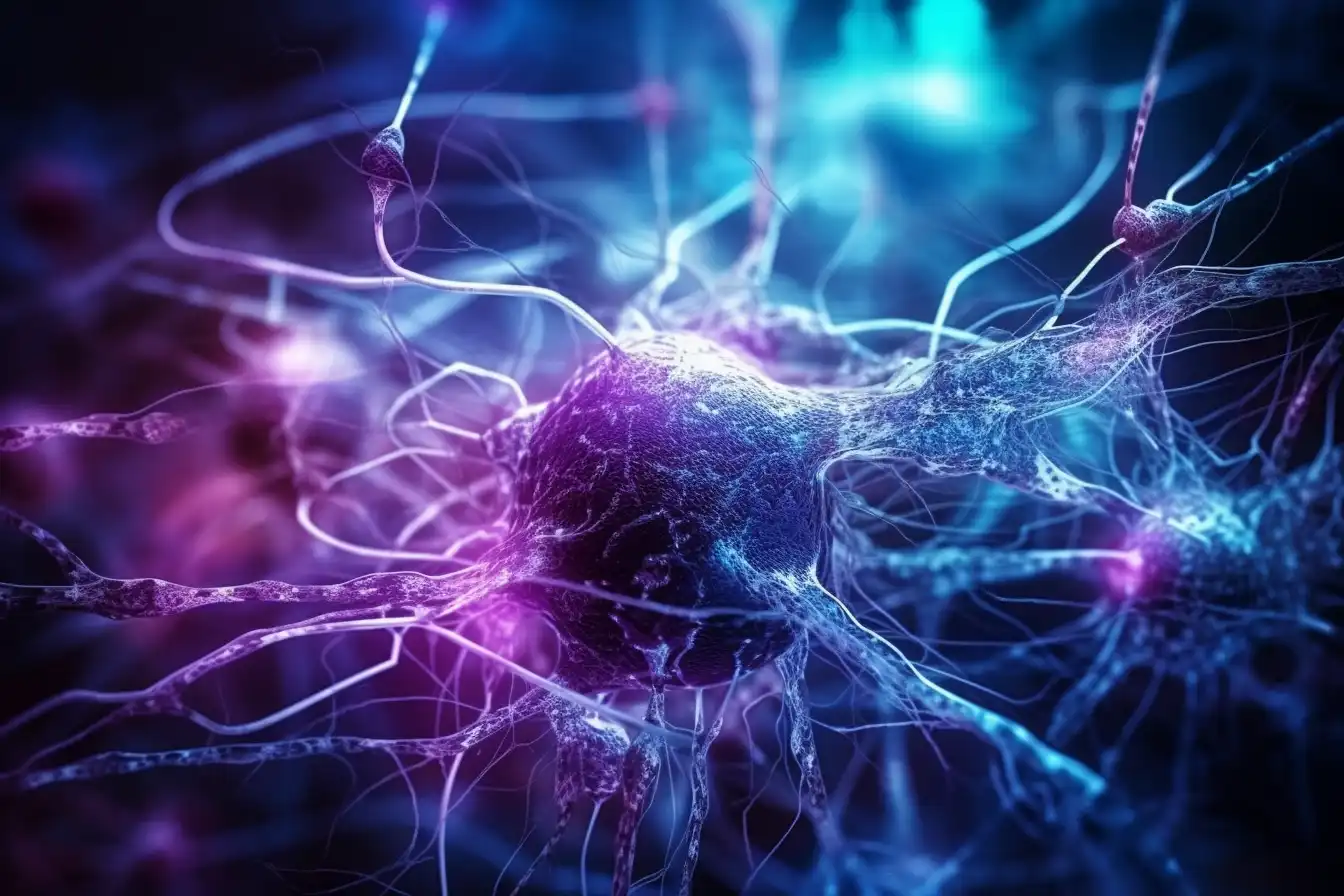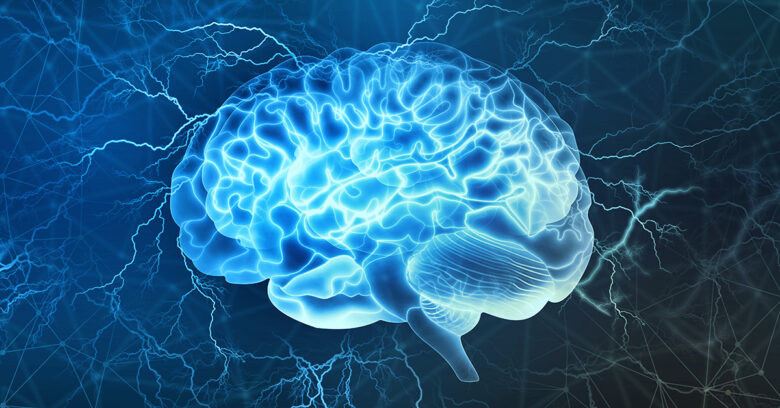Neurological disorders encompass various conditions affecting the nervous system, from the brain to the spinal cord and peripheral nerves. Diagnosing these disorders can be incredibly complex due to the intricate nature of the nervous system and the diverse array of symptoms they present. A holistic approach to diagnosis is essential for understanding the underlying causes and developing effective treatment plans.
This blog post will delve into neurological disorders and explore how a holistic approach can comprehensively understand these conditions with the help of technologies from Seer Medical’s ecg-eeg test. We will discuss the importance of a multidisciplinary team, the role of advanced diagnostic tools, and the significance of considering biological and psychosocial factors in the diagnostic process.
Contents
The Complexity of Neurological Disorders

Source: leximed.com.au
Neurological disorders are a diverse group of conditions that can affect individuals of all ages, leading to a wide range of symptoms and functional impairments. These disorders can be broadly categorized into structural, inflammatory, degenerative, and functional disorders, each with unique diagnosis challenges.
Structural disorders, such as brain tumors, vascular malformations, and traumatic brain injuries, involve physical abnormalities within the nervous system. Diagnosing them often requires advanced imaging techniques like MRI or CT scans to visualize these structural changes.
Inflammatory disorders, like multiple sclerosis and Guillain-Barré syndrome, result from the body’s immune system attacking the nervous system. Diagnosis may involve analyzing cerebrospinal fluid and conducting specialized tests to detect immune system activity.
Degenerative disorders, such as Alzheimer’s disease and Parkinson’s disease, involve the gradual deterioration of nerve cells. Diagnosis often relies on clinical symptoms, neuroimaging, and, in some cases, genetic testing.
Functional disorders, such as epilepsy and migraines, manifest as abnormal brain activity without evident structural or inflammatory causes. Diagnosis typically involves a detailed medical history, EEG (electroencephalography), and monitoring of symptoms.
A Multidisciplinary Approach

Source: apollohospitals.com
Recognizing the complexity of neurological disorders, a holistic approach to diagnosis involves a multidisciplinary team of healthcare professionals. This team may include neurologists, neurosurgeons, neuropsychologists, radiologists, physical therapists, occupational therapists, and social workers. Each member brings a unique perspective and skillset to the diagnostic process.
- Clinical Evaluation: Neurologists are at the forefront of diagnosing neurological disorders. They perform comprehensive clinical evaluations, including detailed medical history, physical examinations, and neurological assessments. Their expertise in recognizing specific clinical patterns is crucial for narrowing potential diagnoses.
- Imaging and Diagnostic Tests: Radiologists and imaging specialists play a vital role in diagnosing structural and inflammatory disorders. Advanced imaging techniques, such as MRI, CT scans, PET scans, and angiography, provide detailed nervous system images, aiding in identifying abnormalities.
- Neuropsychological Assessment: Neuropsychologists assess cognitive and emotional functions, helping to identify impairments indicative of underlying neurological conditions. These assessments are precious in cases of degenerative disorders like Alzheimer’s disease.
- Genetic Testing: Genetic factors may sometimes contribute to neurological disorders. Genetic counselors and geneticists can conduct tests to identify genetic mutations associated with conditions like Huntington’s disease or certain forms of epilepsy.
- Physical and Occupational Therapy: Physical and occupational therapists are essential for evaluating and addressing functional limitations caused by neurological disorders. They provide valuable insights into a patient’s physical capabilities and help design rehabilitation programs.
- Social and Psychological Support: Social workers and psychologists offer critical support for patients and their families, addressing the psychosocial aspects of living with a neurological disorder. They can help manage the stress, depression, and anxiety that often accompany these conditions.
Advanced Diagnostic Tools

Source: dvcstem.com
In recent years, advances in medical technology have revolutionized the diagnosis of neurological disorders. These tools provide invaluable insights into the nervous system’s structure and function, aiding in identifying abnormalities and guiding treatment decisions.
- Magnetic Resonance Imaging (MRI): MRI is a non-invasive imaging technique that produces detailed brain and spinal cord images. It is indispensable in diagnosing structural disorders such as tumors and vascular abnormalities.
- Computed Tomography (CT) Scans: CT scans use X-rays to create cross-sectional images of the brain and spine. They are beneficial for detecting acute conditions like hemorrhages and fractures.
- Positron Emission Tomography (PET) Scans: PET scans can reveal abnormal metabolic activity in the brain, aiding in diagnosing conditions like Alzheimer’s and epilepsy.
- Electromyography (EMG) and Nerve Conduction Studies (NCS): EMG and NCS assess the electrical activity of muscles and nerves, helping diagnose conditions like peripheral neuropathy and myasthenia gravis.
- Cerebrospinal Fluid Analysis: A lumbar puncture (spinal tap) allows the analysis of cerebrospinal fluid for markers of inflammation, infection, or bleeding, aiding in the diagnosis of conditions like multiple sclerosis and infections of the nervous system.
- Electroencephalography (EEG): EEG records electrical activity in the brain and is crucial for diagnosing epilepsy and other seizure disorders.
- Genetic Testing: Advances in genetic testing have made it possible to identify specific genetic mutations associated with neurological disorders, enabling precise diagnoses and, in some cases, targeted therapies.

Source: regionalneurological.com
A holistic approach to diagnosing neurological disorders goes beyond biological factors and considers psychosocial elements. It acknowledges that a patient’s mental and emotional well-being is intimately connected to physical health. Here are some key considerations:
- Patient-Centered Care: Understanding a patient’s values, preferences, and life circumstances is essential for tailoring treatment plans. Effective communication between healthcare providers and patients fosters trust and ensures that care aligns with the patient’s goals.
- Support Systems: Recognizing the importance of family and social support networks is crucial. In many cases, caregivers play a significant role in a patient’s journey, and their needs and well-being should not be overlooked.
- Mental Health: Many neurological disorders are associated with psychological symptoms such as depression, anxiety, and cognitive impairment. Integrating mental health services into the diagnostic and treatment process can significantly improve a patient’s overall quality of life.
- Lifestyle Factors: Diet, exercise, sleep, and stress management affect neurological health. Assessing and addressing these lifestyle factors can complement medical interventions.
Conclusion
Diagnosing neurological disorders is a complex and multifaceted endeavor that requires a holistic approach. By bringing together a multidisciplinary team of experts, utilizing advanced diagnostic tools, and considering biological and psychosocial factors, healthcare providers can offer more comprehensive care to patients. This approach improves the accuracy of diagnoses and enhances the overall well-being and quality of life for individuals with neurological disorders.
